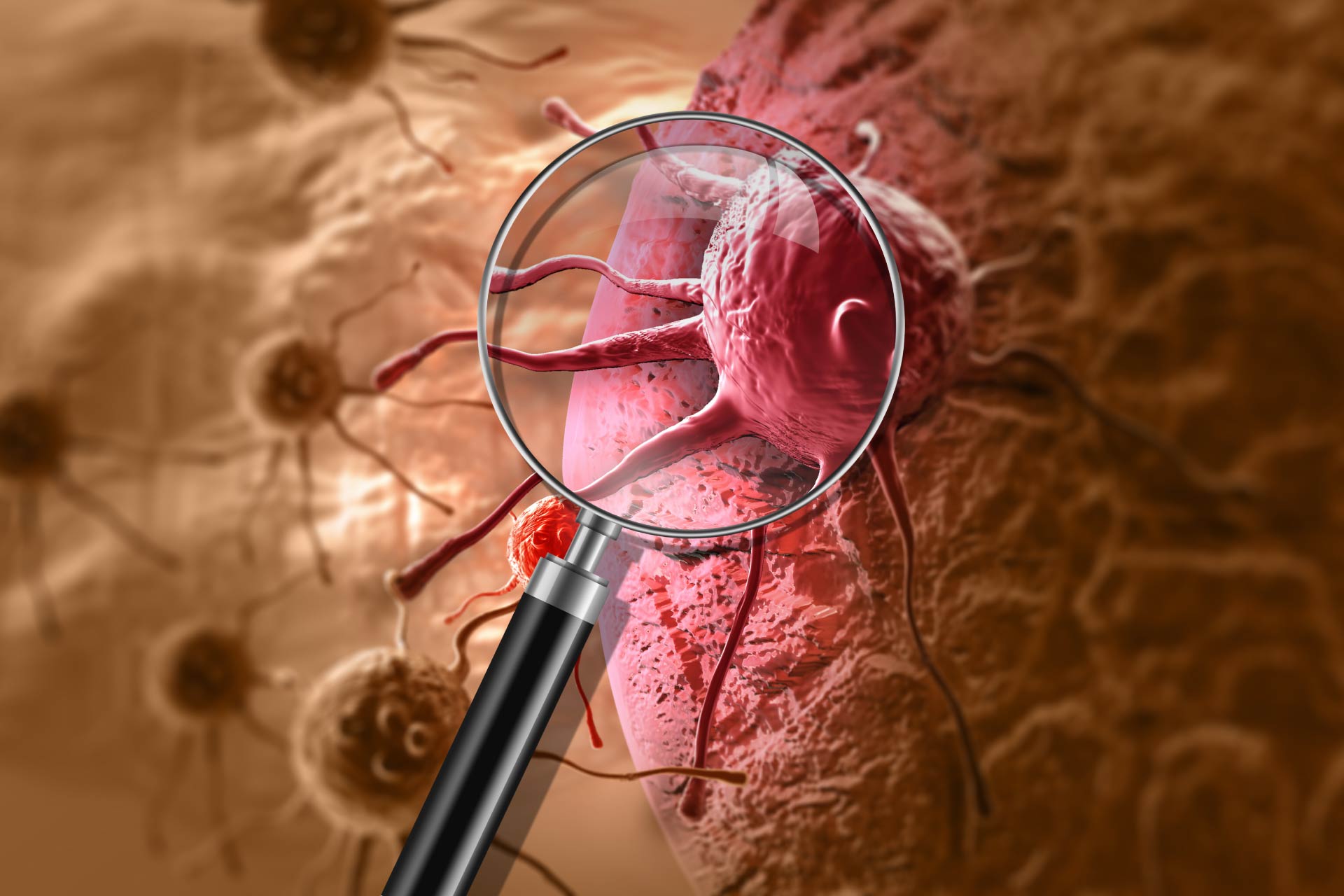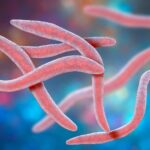What is already known on this topic
Gut microbes have been associated with both cancer development and the efficacy of anticancer drugs in a variety of tumors. But whether there’s a microbiota signature that could predict treatment outcome for every tumor type is unclear.What this research adds
Using a combination of mouse models and stool samples from people with different tumor types, researchers found that cancer treatment outcomes can be modulated by the levels of specific gut bacteria, including Bacteroides ovatus and Bacteroides xylanisolvens.Conclusion
The findings suggest that the gut microbiota composition at the onset of cancer treatment could be used as a tool to predict how well people will respond to anticancer drugs.
Cancer is one of the leading causes of death worldwide, with nearly one in six deaths attributed to the disease. Although cancer patients are usually treated with drugs that prevent cancer-cell division or boost the immune system to eliminate tumor cells, the outcomes for some people are still negative. Now, researchers have found that cancer treatment outcomes can be modulated by the levels of specific gut bacteria.
The findings, published in the journal Microbiome, suggest that the gut microbiota composition at the onset of cancer treatment could be used as a tool to predict how well people will respond to anticancer drugs.
Previous studies have linked gut microbes to both cancer development and the efficacy of anticancer drugs in a variety of tumors. But whether there’s a microbiota signature that could predict cancer treatment outcome for every tumor type is unclear. So Gianni Panagiotou at the Hans Knöll Institute in Jena, Germany, and his colleagues used a combination of mouse models and stool samples from people with different tumor types to further investigate the role of the gut microbiota in cancer.
Skewed ratios
The researchers collected stool samples from 26 people with eight different tumor types who were treated with anticancer drugs. The samples were collected before people had started the anticancer treatment and at three different points after they had started treatment.
Bacteroidetes and Firmicutes were the most abundant bacteria across all samples, followed by Proteobacteria and Verrucomicrobia. In general, cancer patients had a higher Firmicutes/Bacteroidetes ratio than healthy individuals.
But compared with people who showed disease progression after treatment, individuals who responded favorably to anticancer treatment had gut microbiota profiles that were more similar to those of healthy people.
Non-responders had a higher Firmicutes/Bacteroidetes ratio than responders and healthy individuals. What’s more, compared to non-responders, responders had higher abundances of bacteria including Bacteroides xylanisolvens, Bacteroides ovatus, and Prevotella copri. Instead, the gut microbiota of non-responders was enriched in microbes such as Clostridium symbiosum and Ruminococcus gnavus.
Treatment efficacy
To test if the bacteria enriched in responders and non-responders could influence treatment outcomes, the researchers analyzed the microbes’ impact on tumor growth in mice. The team fed mice either B. ovatus and B. xylanisolvens, which were enriched in responders, or C. symbiosum and R. gnavus, which were enriched in non-responders. One week later, the researchers induced the development of cancer in the mice lungs, then treated the rodents with erlotinib, a commonly used drug for lung cancer.
After two weeks, the average tumor volume in erlotinib-treated mice colonized with the responders’ bacteria was 46% smaller than that of mice treated with erlotinib only, while erlotinib-treated mice colonized with the non-responders’ bacteria showed a tumor size that was 87% larger than that of erlotinib-treated mice colonized with the responders’ bacteria.
The findings suggest that B. ovatus and B. xylanisolvens have a positive impact on therapeutic outcome, whereas C. symbiosum and R. gnavus could contribute to treatment resistance. Further experiments indicate that the presence of responders-enriched bacteria and erlotinib could modulate the responses of immune cells in tumors.
Although the findings should be confirmed in a larger group of cancer patients, the study suggests that gut microbiota signatures accurately predict how well people respond to anti-cancer drugs, the researchers say. “We believe that the administration of specific probiotic bacteria could be a potential supplemental treatment in combination with anticancer therapies for a better treatment outcome,” they add.











